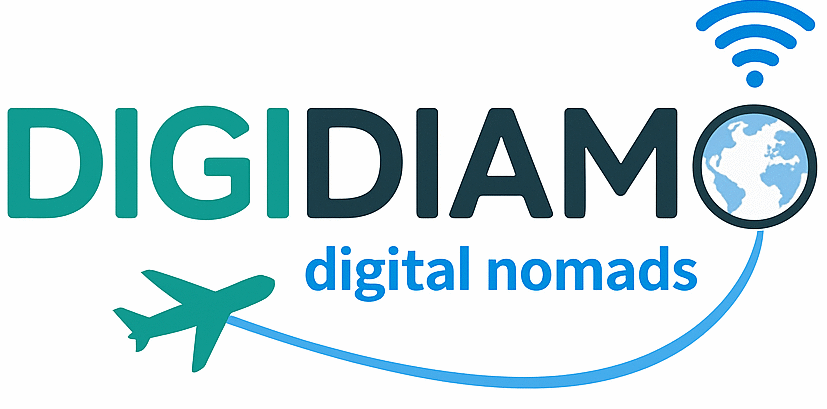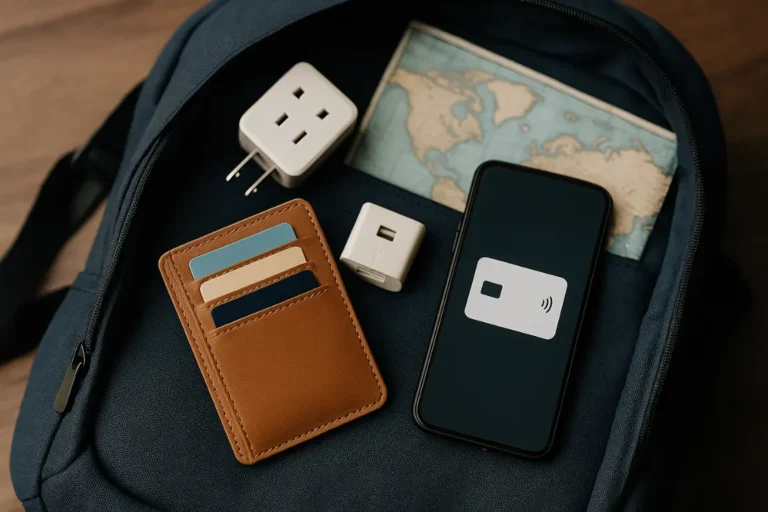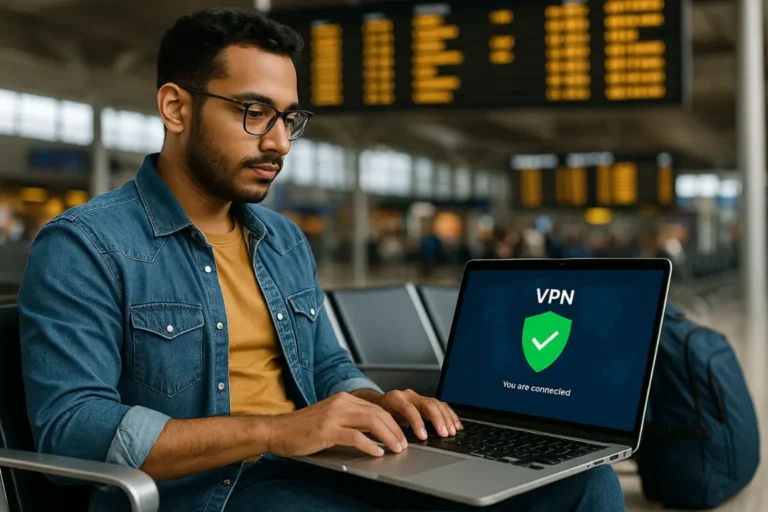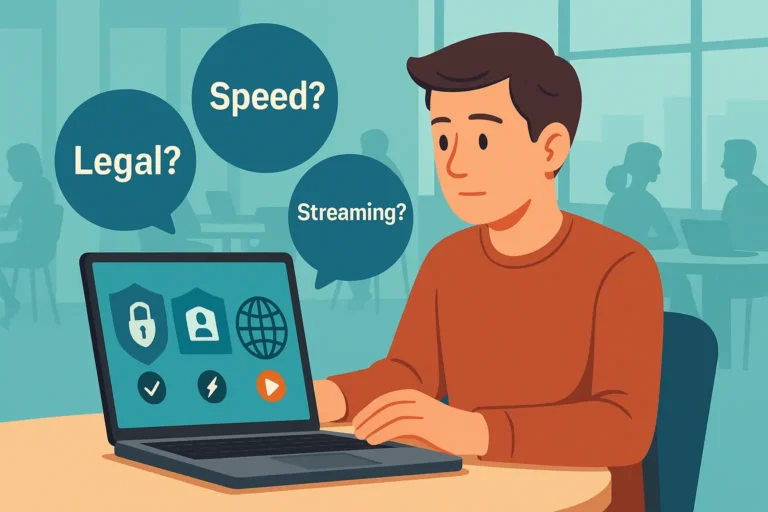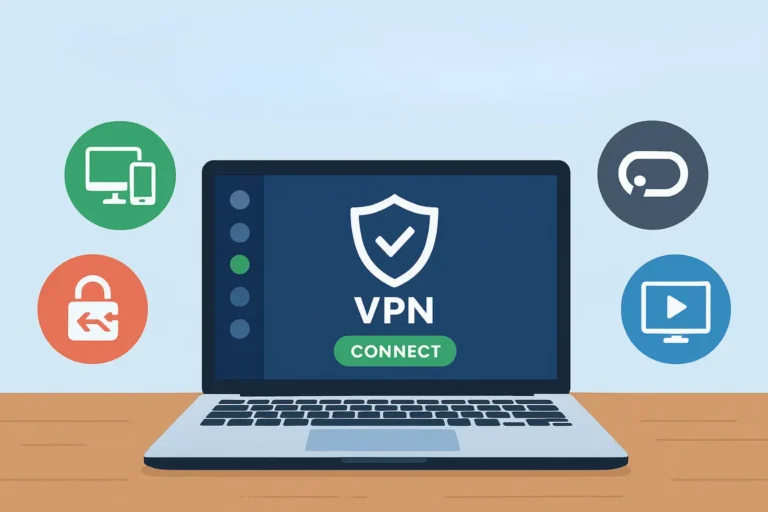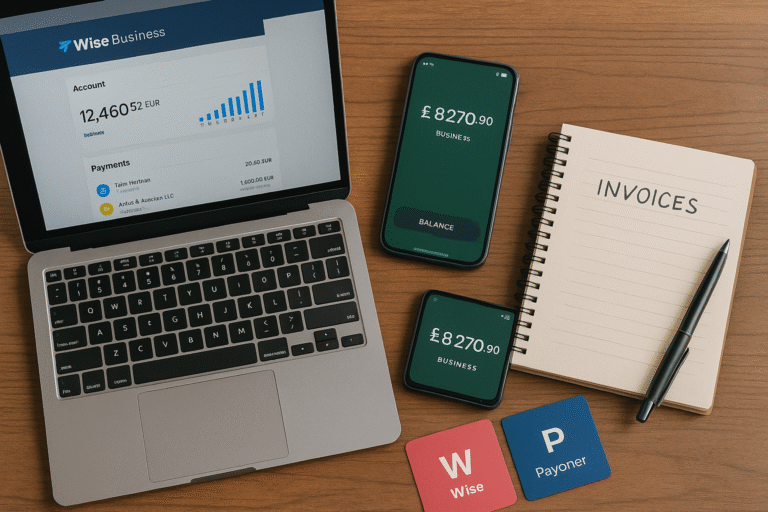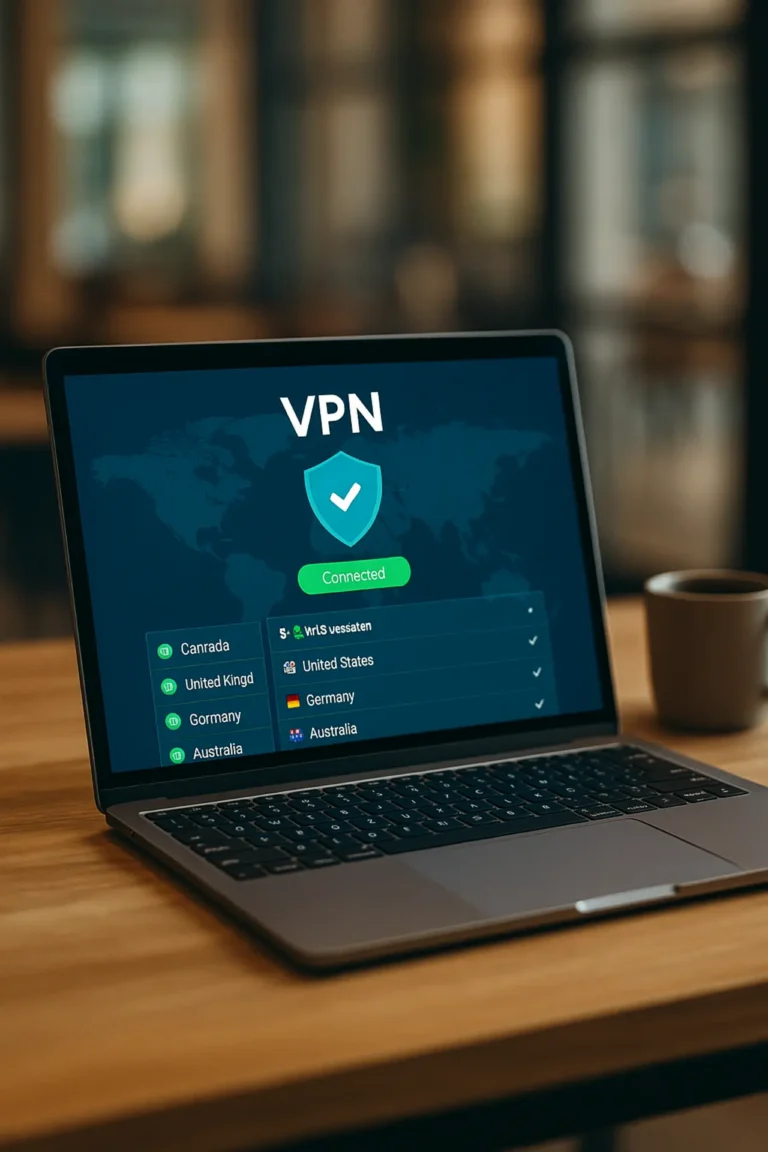How to use a VPN while traveling abroad
When I first left home to work remotely, I thought of a VPN only as a way to watch TV shows from back home. After a few months of moving between airports, cafés, and shared apartments, I understood its real value. A VPN is one of the most practical tools for digital nomads. It protects your data, helps you reach blocked sites, and can even save money on bookings. Using it effectively while abroad is not complicated, but it does take some know-how. If you’re interested in the broader reasons why VPNs are essential, the complete guide on VPNs for digital nomads explains the big picture.
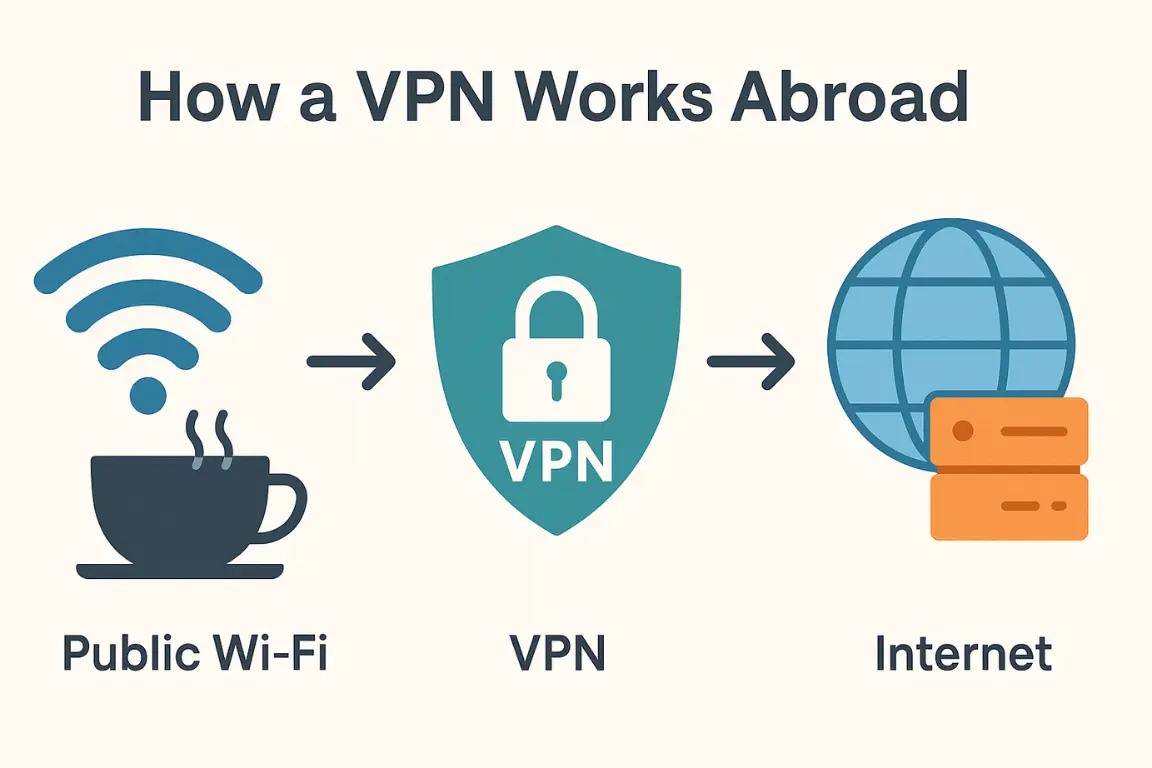
Setting up your VPN before you leave
The best time to prepare your VPN is before you start your journey. Download the app, test it on both phone and laptop, and make sure it runs smoothly. Some countries limit VPN sites, so downloading in advance avoids stress later. Most services also let you install the app on multiple devices, which is useful if you carry both work and personal gear.
Checklist before departure:
- Install the app on every device you plan to use
- Save your login credentials securely
- Test a few servers to check speed and reliability
- Enable the kill switch if available
- Learn how to switch protocols in case one doesn’t work abroad
Staying safe on public Wi-Fi
Public Wi-Fi is one of the biggest risks for travelers. Airports, hotels, and cafés often leave networks open or poorly secured. Hackers sometimes set up fake hotspots that look legitimate. With a VPN active, your traffic is encrypted, so even if someone intercepts it, they can’t read it.
Practical habits:
- Turn on your VPN before joining the network
- Choose automatic connect for unknown Wi-Fi
- Avoid entering passwords if your VPN is off
- Disconnect and forget networks you don’t need anymore
I once worked from a small hostel in South America where the Wi-Fi looked normal but my VPN app warned me of suspicious traffic. It turned out someone was trying to capture connections. Without the VPN, my accounts could have been exposed.
Accessing blocked content abroad
Streaming platforms, news sites, and even social networks can be limited depending on the country. A VPN lets you connect through a server in your home region and bypass restrictions. This means you can stay connected with your usual tools and entertainment.
For example:
- Netflix and Disney+ change their libraries by country. With a VPN, you can access the shows you would normally see at home.
- Some countries block platforms like WhatsApp, Zoom, or Gmail. Switching to a VPN server outside the country restores access.
- News sites sometimes restrict content based on location. VPNs help you keep access.
Not every VPN can unlock streaming reliably. ExpressVPN and NordVPN are known to work best here, while free VPNs often fail.
Using a VPN for banking and payments
Banks often block or flag logins from foreign IP addresses. While this is for security, it can create problems when you need to transfer money or pay bills. By connecting to a VPN server in your home country, you make it appear as if you’re logging in from a familiar location.
This has saved me many times. Once while in Thailand, my bank app locked me out. After switching my VPN to a server in France, I logged in without trouble.
Tips for smoother banking:
- Always connect to a home country server before logging in
- Use the same server location consistently to avoid suspicion
- Enable two-factor authentication for extra security
Saving money on flights and bookings
A trick many nomads use is changing VPN locations when searching for flights or hotels. Prices can vary by region. By clearing cookies and connecting from different servers, you can sometimes find better deals.
Here’s an example of a test I ran:
| Flight (Bangkok – Paris) | Location of search | Price shown |
|---|---|---|
| Without VPN (Thailand) | Thailand | $680 |
| With VPN | France | $590 |
| With VPN | USA | $620 |
It doesn’t always guarantee savings, but the difference can be significant enough to pay for a few days of food or coworking.
VPN and work platforms
For many nomads, remote work means constant use of platforms like Slack, Trello, Google Workspace, or Zoom. While most of these tools work anywhere, sometimes connections are slower or blocked. A VPN keeps them stable and secure.
During one project in Morocco, I noticed Zoom calls dropped often without the VPN, but stabilized once I routed traffic through a nearby server in Spain. The extra protection also ensured that sensitive client files weren’t exposed on public networks.
Troubleshooting when VPNs don’t connect
Sometimes VPNs face restrictions, especially in countries with heavy internet controls. Common fixes include:
- Switching protocols (e.g., from OpenVPN to WireGuard)
- Trying different server regions
- Updating the app to the latest version
- Contacting 24/7 customer support for working servers
This is why it’s smart to choose providers with reliable support. A quick chat with support once helped me connect during a stay in the Middle East when no servers seemed to work.
Free VPNs vs paid VPNs abroad
Free VPNs are tempting, but they often come with data limits, slow servers, and questionable privacy practices. Paid VPNs are inexpensive compared to the risks of losing access to accounts or exposing data. For around $3 to $5 a month on a yearly plan, you can secure all your devices with reliable service.
Conclusion
Using a VPN while traveling abroad is less about convenience and more about building a safe, flexible way to live online. From securing open Wi-Fi to unlocking accounts and finding better travel deals, it becomes an essential companion for every journey. With a little preparation and the right habits, your VPN makes life on the road much smoother.
If you want to explore the different types of services available, read VPN vs Proxy vs Smart DNS: what works best for digital nomads.
